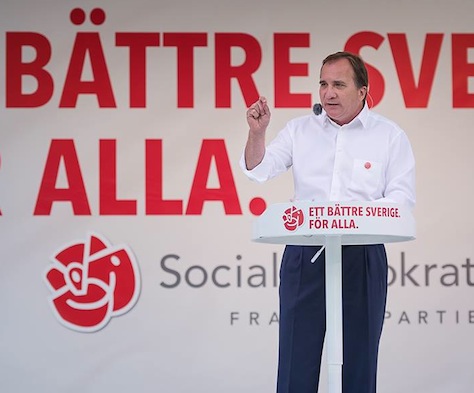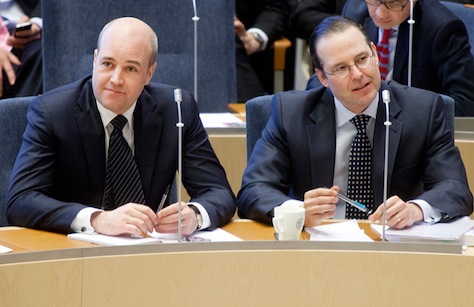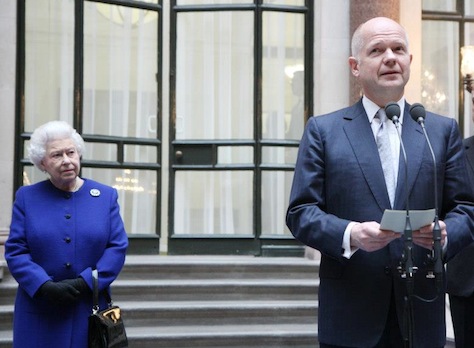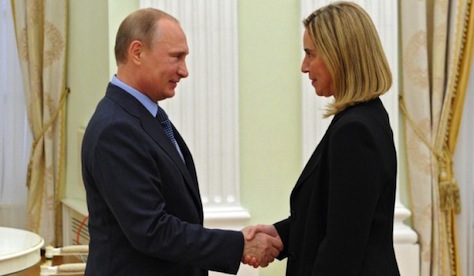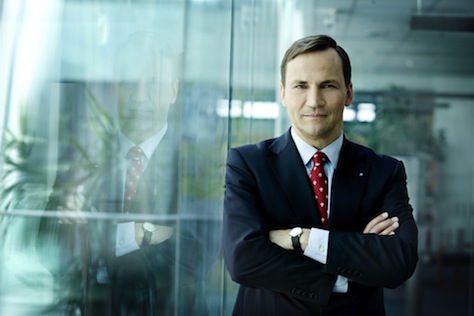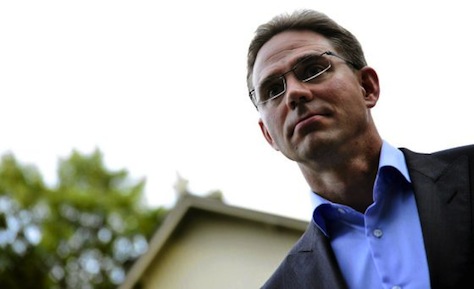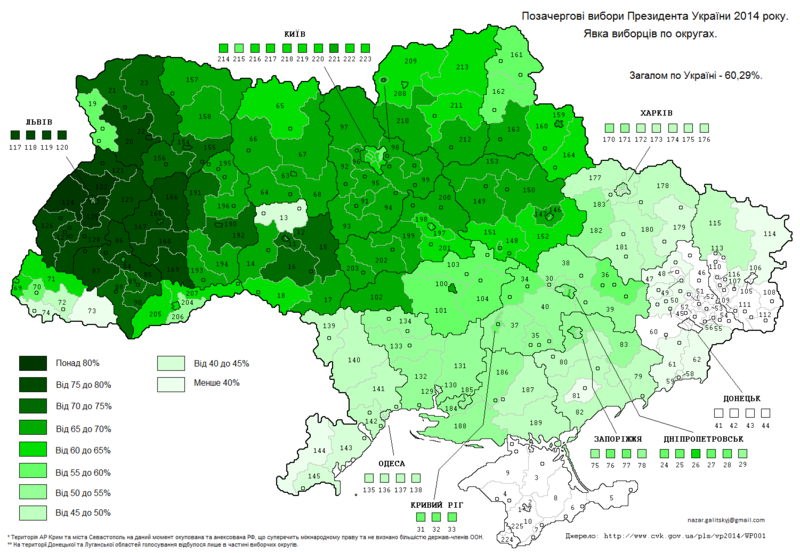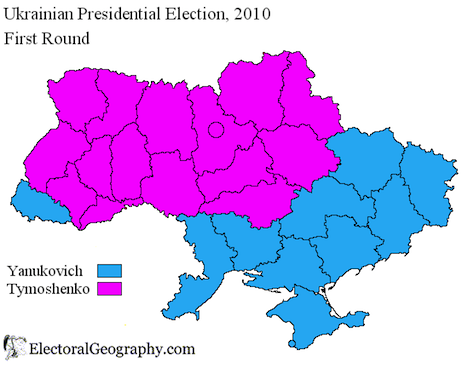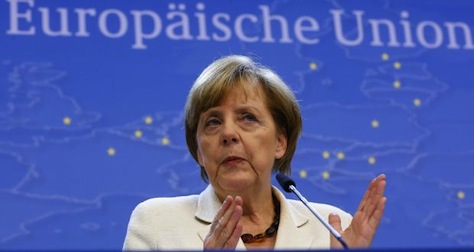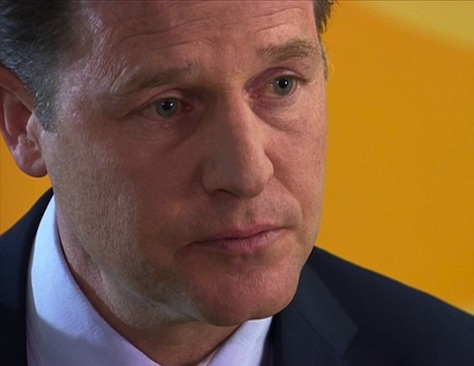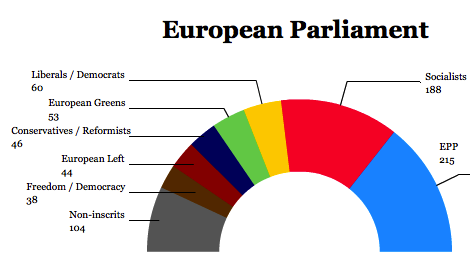When the European Council meets on Saturday for a summit of all 28 leaders within the European Union, it will not only choose a new high representative for foreign affairs and security policy, but also a new president of the European Council.![]()
It’s still very much a new role within the matrix of EU power — it was created only in 2007 as part of the Treaty of Lisbon, and Herman Van Rompuy, a former liberal Belgian prime minister, was selected in 2009 to take the role when the Lisbon Treaty came into effect.
For a position that had been, perhaps too optimistically described as the ‘presidency of Europe,’ Van Rompuy has hardly been the European Union’s George Washington. For more than three decades, the ‘president’ of the European Council, which is really just the collection of all 28 EU leaders, was the head of state or government of the country that held the six-month rotating Council presidency. That Council presidency still rotates (Italy is currently heading the Council), but the Lisbon Treaty created a full-time figure who could fill up to two 2.5-year terms to direct Council and EU policy.
* * * * *
RELATED: Forecasting the EU power summit, part 1:
Europe’s next high representative
* * * * *
But it hasn’t exactly been clear when the power of the European Commission, the chief executive and administrative body of the European Union, ends and the European Council presidency’s power begins. Often in the past five years, the roles of Van Rompuy and outgoing Commission president José Manuel Barroso, a former conservative Portuguese prime minister, have blurred.
Defining those lines will certainly be one of the most vital institutional issues that incoming Commission president Jean-Claude Juncker, a former Christian democratic prime minister of Luxembourg, and his Council counterpart, will determine in the next five years.
Even in the past 24 hours, news reports give the young Italian foreign minister Federica Mogherini an even greater edge to become Europe’s next high representative for foreign affairs and security policy, seemingly eclipsing the chances of Polish prime minister Radek Sikorski and Bulgarian European commissioner Kristalina Georgieva.
But it’s clear that the Council presidency role will follow from two factors — first, the June decision to appoint Juncker as the Commission president and, second, the decision in the next 36 hours over Europe’s foreign policy supremo.
If it’s Mogherini, as expected, the conventional wisdom is that, as Mogherini is a center-left, Italian woman, the Council presidency must go to an official from Central and Eastern Europe. That points to Polish prime minister Donald Tusk (pictured above) as the wide frontrunner for the Council presidency. If, for some reason, Tusk turns down the idea of moving from Warsaw to Brussels, former Latvian prime minister Valdis Dombrovskis, former Estonian prime minister Andrus Ansip or former Finnish prime minister Jykri Katainen, all of whom are already candidates to serve as their respective countries’ commissioners in Brussels, are ready alternatives.
If it’s Sikorski, which now seems less and less likely, the conventional wisdom is that a center-right Polish official will require the balance of a center-left woman. The frontrunner would then be Danish prime minister Helle Thorning-Schmidt.
If it’s the dark-horse candidate, Georgieva, a Bulgarian and the current European commissioner for humanitarian aid, there won’t be incredible pressure to appoint a woman as Council president, but there will be pressure to appoint a center-left official, which still favors Thorning-Schmidt. Nevertheless, a surprise choice like Georgieva for foreign policy could open deliberations to truly dark-horse candidates, including liberals like Ansip or former Commission presidential candidate and former Belgian prime minister Guy Verhofstadt.
Tusk, therefore, remains the frontrunner. Continue reading Forecasting the EU power summit, part 2: Europe’s next Council president



